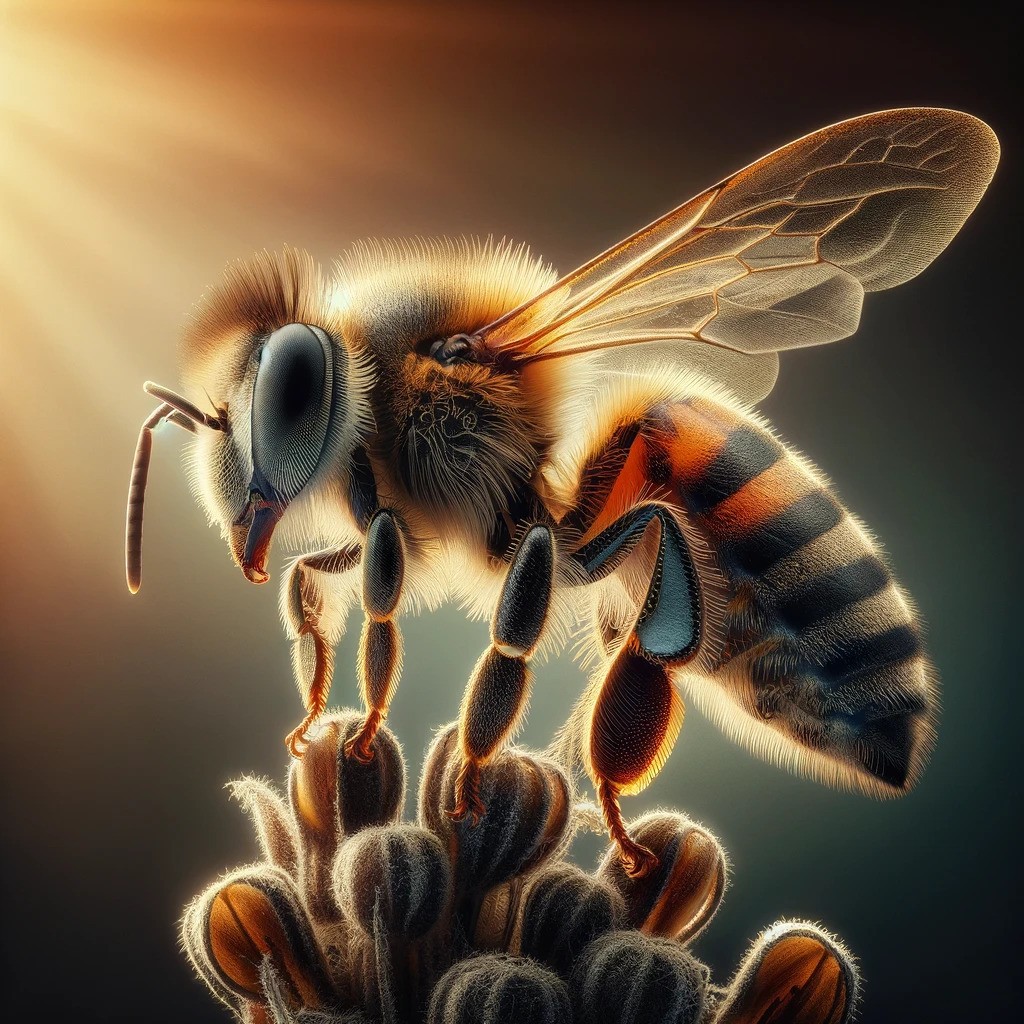When a bee stings, she releases pheromones that resemble a strong “banana” smell to alert the bees around her to the exact location of the threat.
This fascinating behavior is a crucial part of the colony’s defense mechanism, helping to protect the hive from predators and other dangers.
The Role of Pheromones in Bee Communication
Pheromones are chemical signals that bees use to communicate with one another.
These signals can convey a wide range of messages, from marking a trail to guiding bees back to the hive or to signal the presence of a queen.
In the context of a sting, pheromones serve as an alarm system, triggering a coordinated defense response from the colony.
The “Banana” Smell of Alarm Pheromones
The alarm pheromone released by a stinging bee contains isoamyl acetate, a compound that has a distinct smell similar to that of ripe bananas.
This scent is quickly recognized by other bees in the vicinity, prompting them to become more aggressive and ready to defend the hive.
It’s fascinating that the pheromone not only signals the presence of a threat but also pinpoints its location, guiding other bees to the exact spot where they should focus their defensive efforts.
How Bees Respond to the Alarm
Upon detecting the “banana” scent of the alarm pheromone, bees in the area become more alert and may also prepare to sting.
The pheromone serves as a call to arms, rallying worker bees to protect the hive from perceived threats.
In some cases, this can lead to multiple stings in the same area, increasing the intensity of the defense.
Beekeepers and those who work around bees often recognize this scent as a warning to move away calmly and avoid further agitation.
Understanding this behavior is crucial for safely managing bees and preventing unnecessary stings.
The Importance of Hive Defense
The release of alarm pheromones is just one aspect of the sophisticated defense strategies that bees have evolved over millions of years.
Protecting the hive is a collective responsibility, and the ability to quickly communicate and coordinate a defense is vital for the colony’s survival.
While the “banana” smell might seem unusual, it plays a key role in the bees’ ability to fend off threats.
This natural alarm system helps maintain the safety of the hive, ensuring that the colony can continue to thrive and produce honey.














